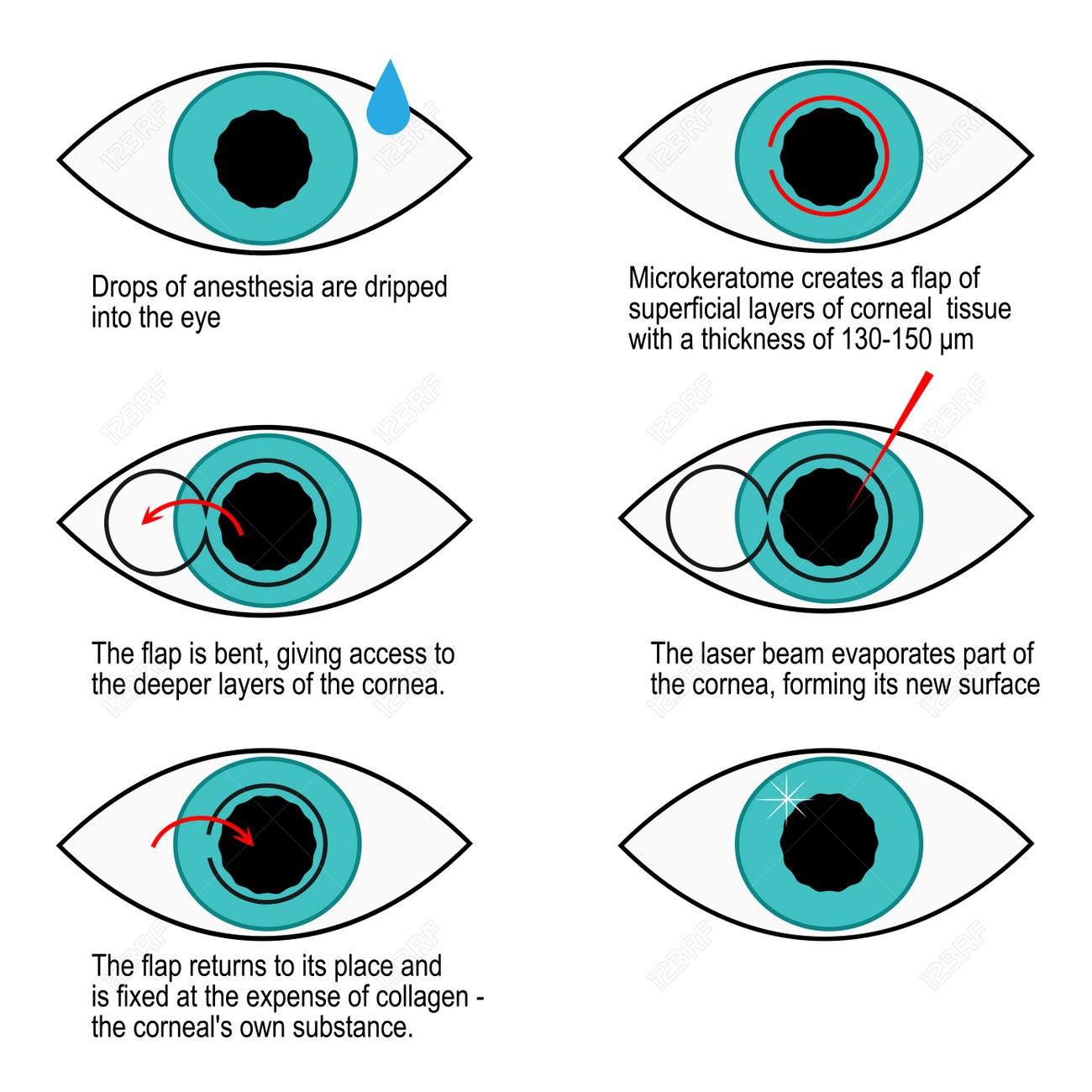The Complete FAQ On Refractive Lens Exchange: All The Info You Need
The Complete FAQ On Refractive Lens Exchange: All The Info You Need
Blog Article
Nearest City To Portland Oregon Created By-Hunter Bondesen
If you're considering refractive lens exchange, you possibly have a great deal of inquiries. This procedure might change how you see the globe, providing advantages like reduced dependancy on glasses. Nonetheless, it's vital to understand the procedure, dangers, and who qualifies as a great prospect. Let's explore these vital elements so you can make an educated choice concerning whether RLE is right for you.
What Is Refractive Lens Exchange and Just How Does It Function?
Refractive lens exchange (RLE) is a surgical procedure developed to replace your eye's natural lens with a man-made one, dealing with vision concerns like nearsightedness, farsightedness, or presbyopia.
During the procedure, your specialist makes a small laceration in the eye, eliminates your all-natural lens, and inserts an intraocular lens (IOL) tailored to your vision needs. This outpatient surgical procedure usually takes around 15 to half an hour per eye and is performed under neighborhood anesthesia.
You'll likely notice improvements in your vision practically immediately, though full recovery may take a couple of weeks. RLE is especially helpful for those over 40 or with high prescriptions, providing a durable service compared to glasses or contact lenses.
Your eye care professional can help figure out if RLE is right for you.
What Are the Benefits and Risks of Refractive Lens Exchange?
Picking refractive lens exchange can bring about substantial enhancements in your vision, but it is very important to weigh both the benefits and risks prior to deciding.
On the bonus side, this procedure can enhance your eyesight by dealing with concerns like presbyopia, nearsightedness, and hyperopia. LASIK Severe Astigmatism in decreased dependancy on glasses or get in touch with lenses, which can considerably boost their quality of life.
Nevertheless, it's important to consider prospective dangers. Issues can include infection, glare, or halos around lights.
There's likewise a chance of overcorrection or undercorrection, which may call for added treatments.
That Is an Ideal Prospect for Refractive Lens Exchange?
If you're thinking about refractive lens exchange, it is essential to recognize whether you fit the account of an ideal prospect. Generally, you may be a good prospect if you're over 40, experience presbyopia, or have high levels of nearsightedness or farsightedness.
It's likewise essential that your vision is stable, implying your prescription hasn't altered significantly in the past year. If you have cataracts or various other eye conditions, you may gain from this treatment also.
However, particular elements, like unrestrained diabetic issues or autoimmune conditions, can disqualify you. To determine your candidacy, seek advice from an eye care expert that can review your certain situation and advise the very best course of action tailored to your demands.
Conclusion
To conclude, refractive lens exchange can be a transformative option for boosting your vision, particularly if you're over 40 or have a high prescription. While the advantages are substantial, it's crucial to consider the risks and speak with your eye treatment specialist to identify if you're an ideal prospect. With the ideal info and support, you can make an educated decision and potentially delight in a life with lowered reliance on glasses.
